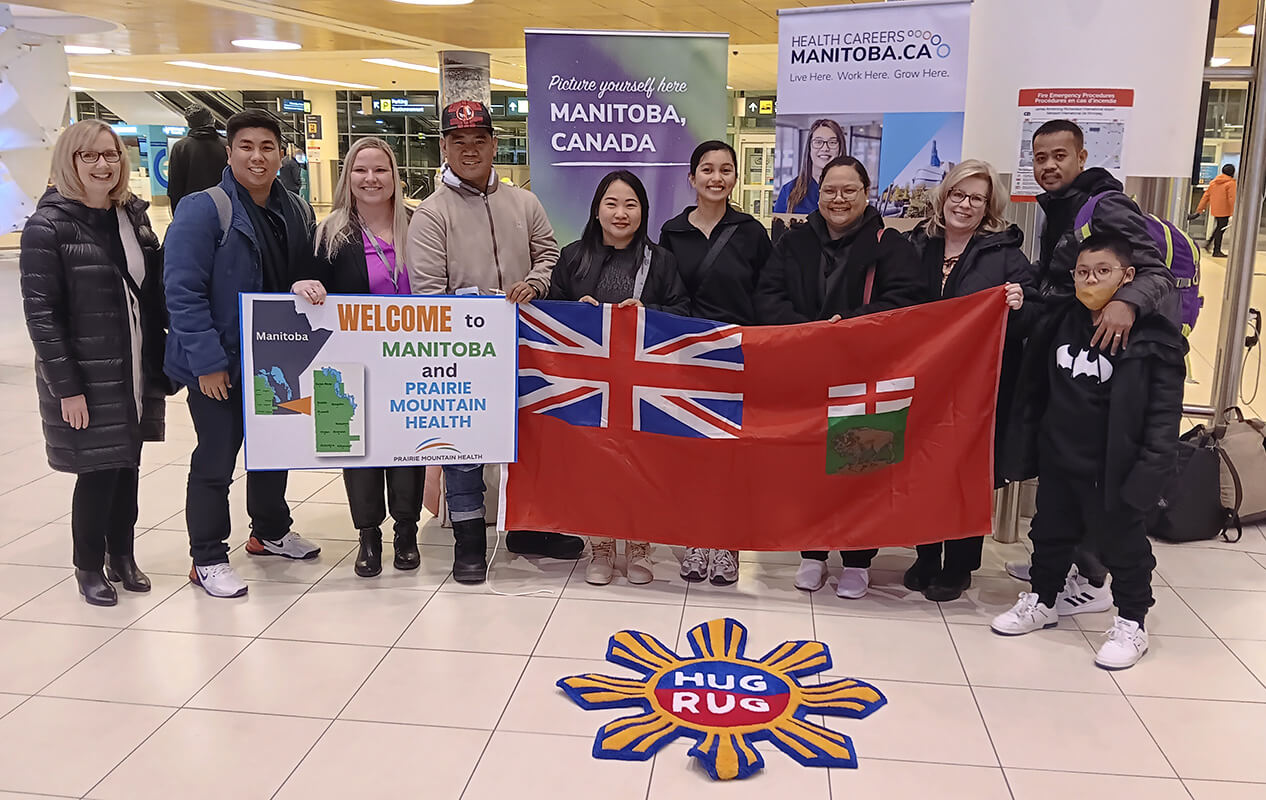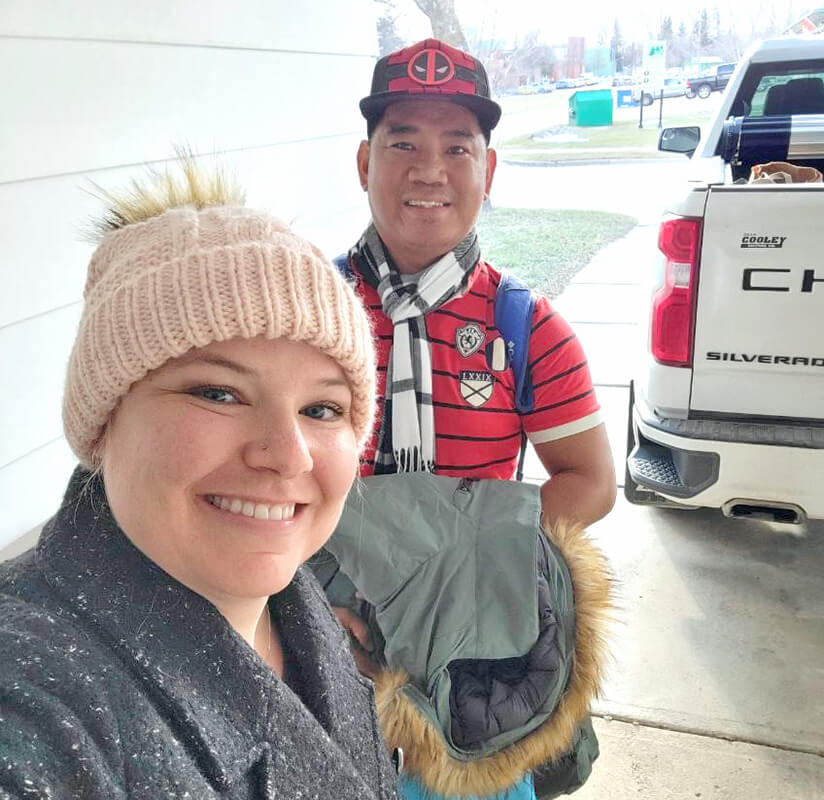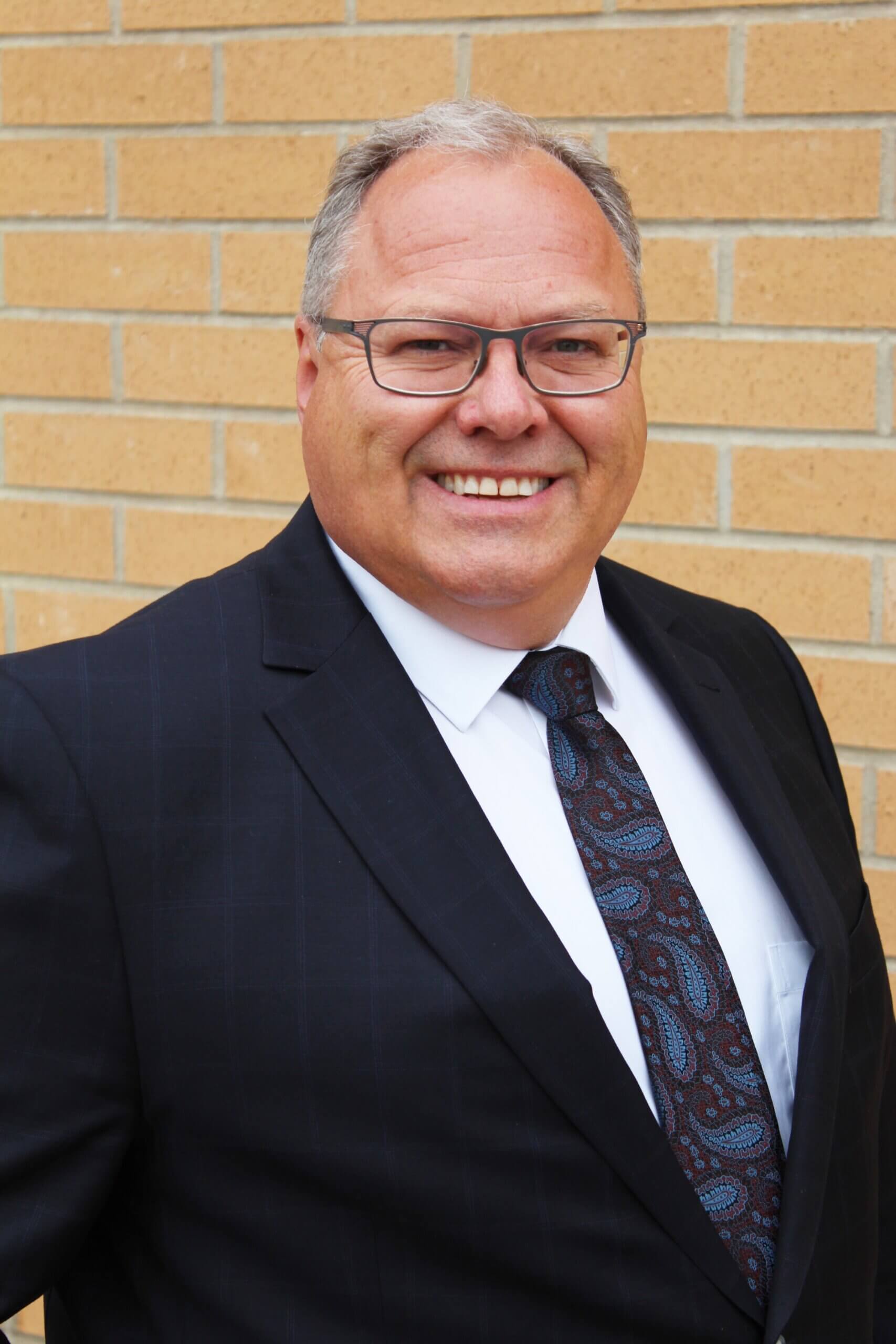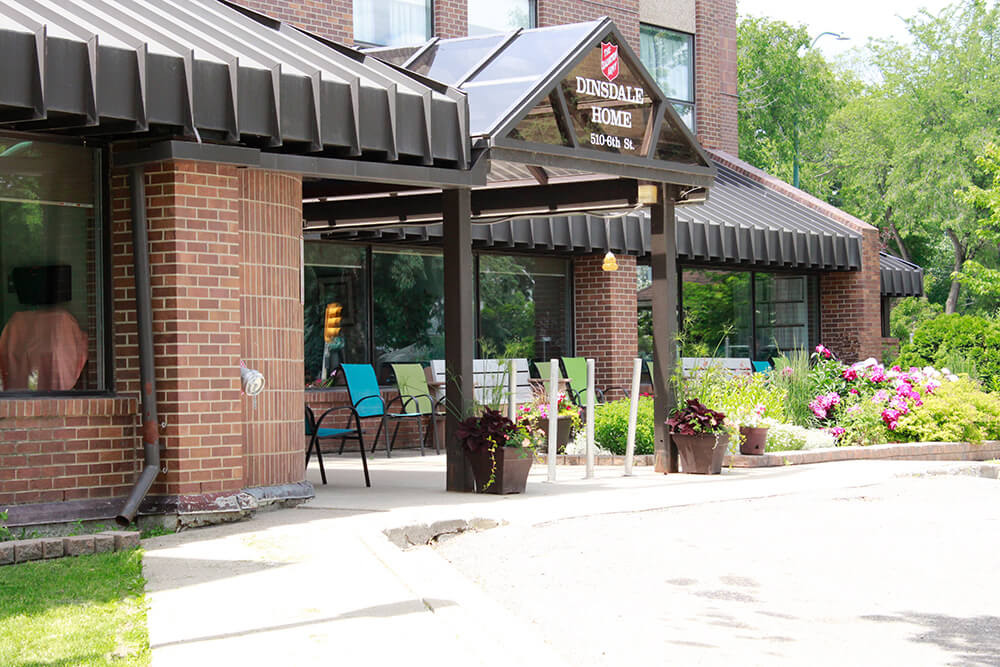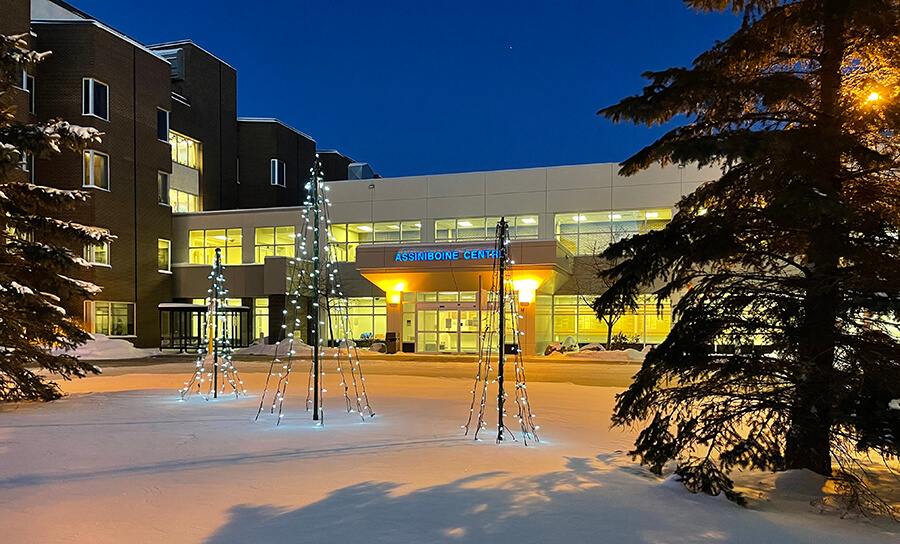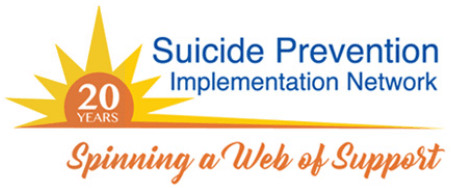Craving Change® in 2024?
As we prepare to flip calendars and ring in a new year, people may find themselves making new year’s resolutions for the year ahead. Often these resolutions centre around goals of improved personal fitness and nutrition and people find themselves making a promise to quit some of their usual habits, resolving to make improvements in these areas. If finding ways to improve your eating tops your list, Prairie Mountain Health wants you to know about the Craving Change® program and let you know how you can get involved.
Craving Change is a 3-session course that has been developed by a registered dietitian and clinical psychologist to help people understand their triggers for problematic eating, discover ways to control cravings, and to maintain healthy changes!
Sherrill-Lee Hyra, a Health Promotion Coordinator, with PMH is one of the facilitators who leads Craving Change® in the region. “We live in a society where outside factors greatly affect our eating. The Craving Change® program takes a look at our eating environments as well as explores how emotions and learned behaviours influence the decisions we make around food,” Hyra said. This is a necessary first step when working towards sustainable changes to our eating behaviour.
If you have ever struggled to maintain healthy eating habits and want to learn more about what your eating is all about , attending a Craving Change® class series might be for you. “The program is not about dieting. It is about understanding the many factors that influence our eating behaviours,” Hyra said. “Having other participants in the class to share and learn from is also helpful.”
Prairie Mountain Health is offering several courses throughout the new year. Starting the 3rd week of January, courses will be offered virtually using the MS Teams Platform. While space is limited there is still room for people to sign up. If you would like to register for a class this new year please call Prairie Mountain Health’s Healthy Living Toll free line at 1-877-509-7852 to learn about the course times and dates.

MONDAY AFTERNOONS
January 15, 22 & 29
1:30-3:30pm
Offered virtually by MS Teams
THURSDAY EVENINGS
January 18, 25 & February 1
6:30-8:30pm
Offered virtually by MS Teams
Find a printable poster here.



